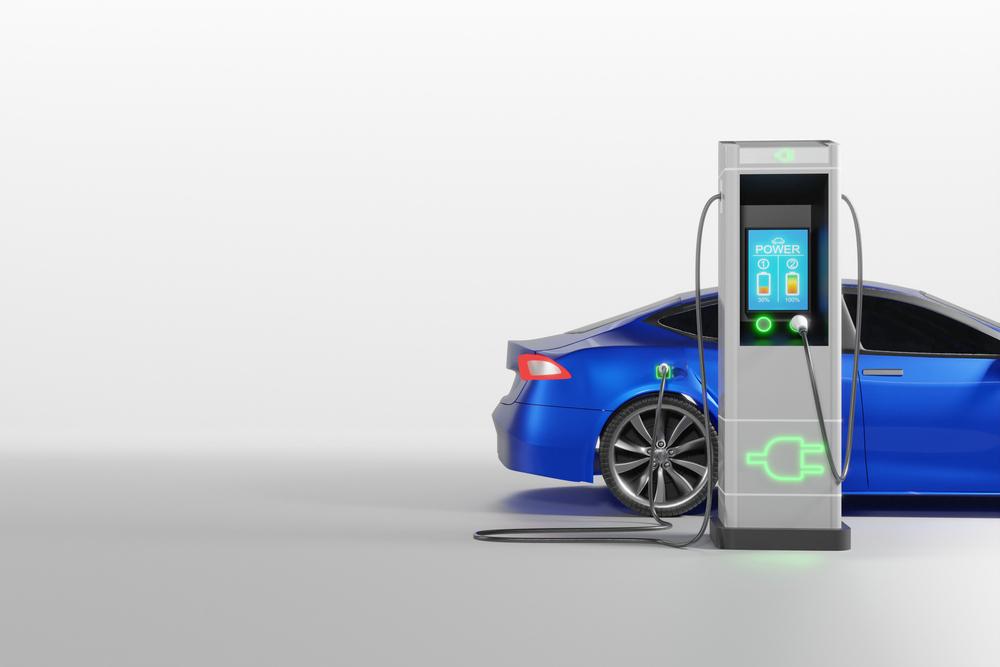Despite predictions that electric vehicles (EVs) will soon be cheaper than gas-powered cars, a new study argues that the “socialized costs” of EVs, or the amount that is not paid by the buyer but by all Americans in the form of taxes, subsidies, and higher electricity costs, can sum to as much as $48,000 per vehicle over its expected 10-year life.
According to a report by Cox Automotive, the average selling price of a new EV has come down more than $10,000 this year, from $65,000 one year ago, and publications like Bloomberg and the New York Times have long predicted that, due to falling prices for battery inputs like lithium, EVs will soon be cheaper to buy than internal combustion engine vehicles (ICEVs). Much of the current pricing also reflects seller discounts as unsold EVs get backed up on dealer lots.





